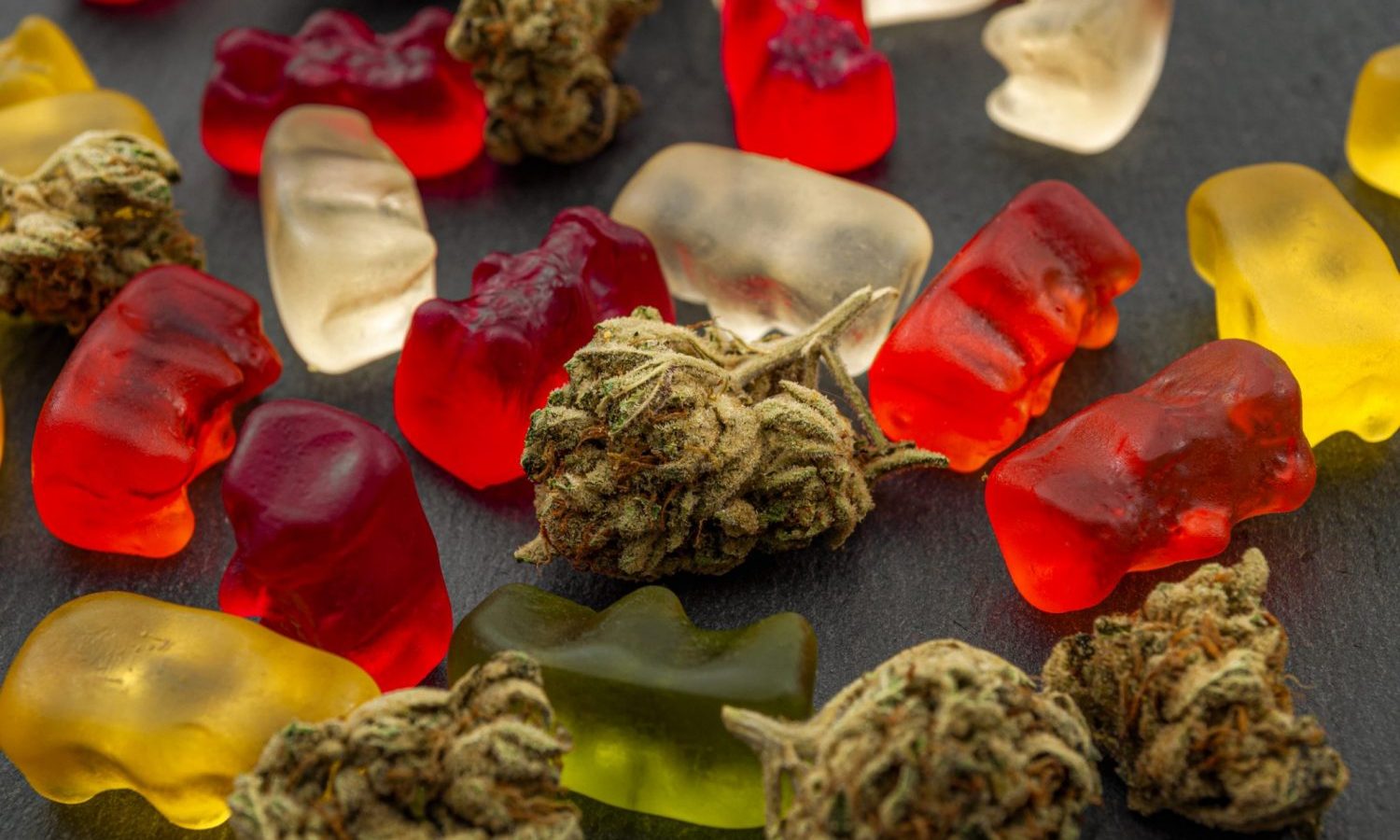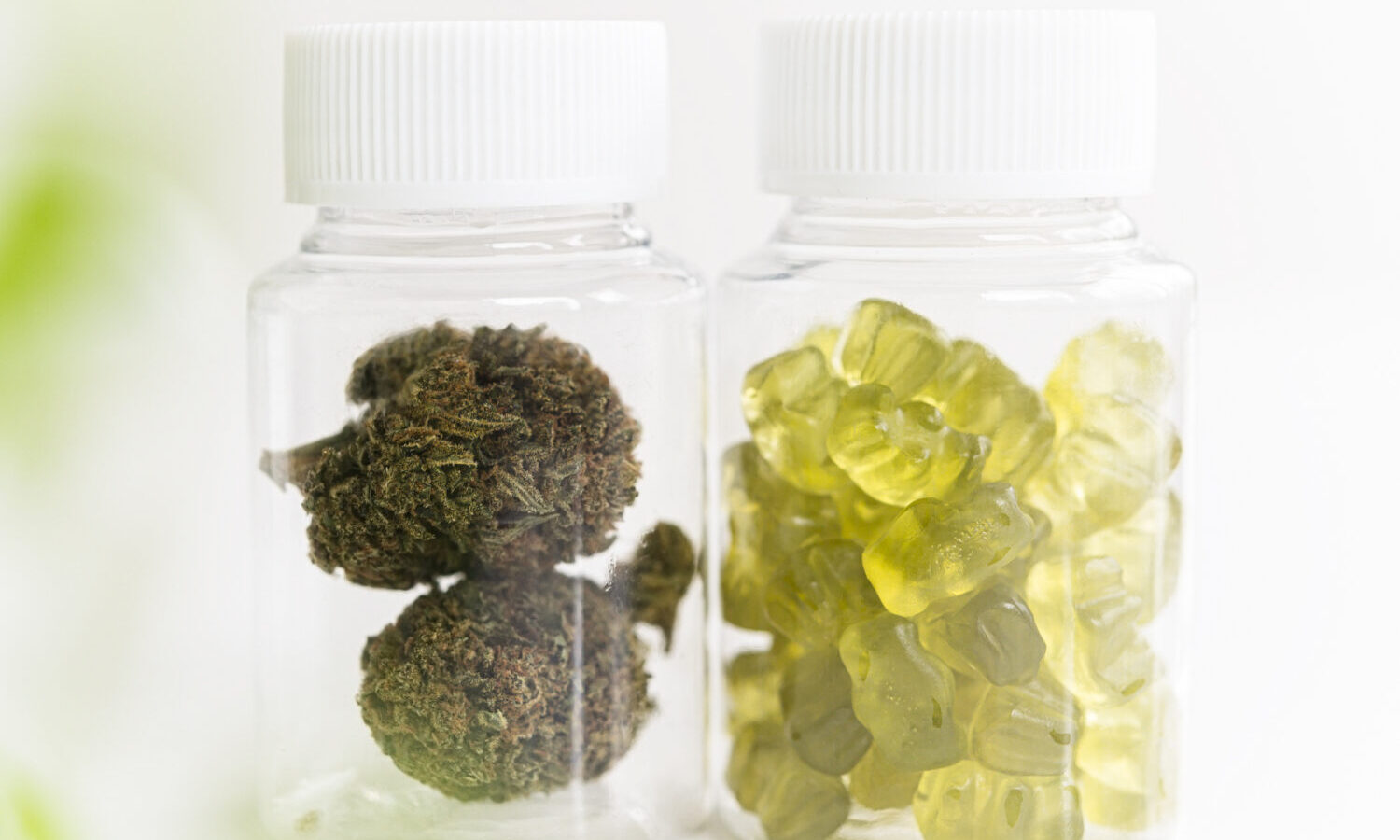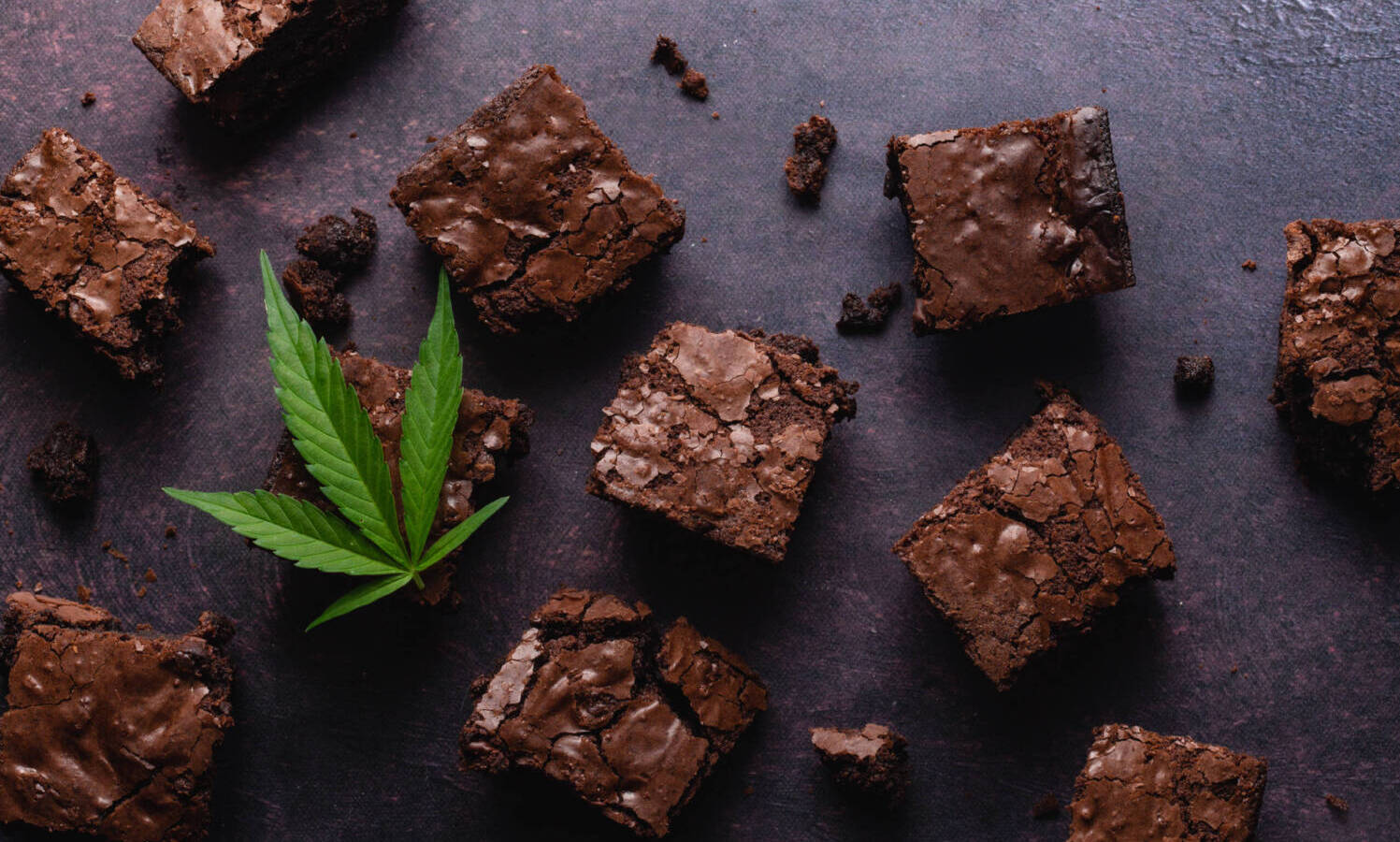
By
In May, Gov. Tim Walz (D) signed the large-scale legislation that included provisions that provide permanent protections to Minnesota-based hemp businesses for legal sales of CBD-infused foods and drinks. Besides CBD, the measure allows all hemp-derived cannabinoids to be legally sold in food items, beverages, and topicals, to name a few. The products must contain less than the federal limit of 0.3 % THC.
The new bill also allows up to 5 mg of hemp-derived THC to be legally sold in edibles and drinks to those 21 and older.

RELATED: Minnesota Court Rules Hemp-Derived Cannabinoids In Liquid (But Not Leaf!) Form Unlawful
Bill sponsor Rep. Heather Edelson, (DFL-Edina) noted her worries about the safety of legal delta-8 marijuana products already being available via a loophole in Minnesota law, reported Duluth News Tribune.
“Products were targeting young people and contained thresholds of THC that were too much for the average consumer,” she said in a social media post announcing the bill’s passage in May. “Minnesota saw poison control numbers go up dramatically in 2020 and 2021 for youth under 12 because of lack of child safety on the packing and (its) appeal to their age group.”
Edible products will be regulated by the Minnesota Board of Pharmacy and must have a label showing serving sizes, ingredients, and a warning to keep the product out of reach of children.
Board Of Pharmacy Challenges
But, some are worried about the Board of Pharmacy’s capabilities to manage this task. Jill Phillips, the new executive director of the Board of Pharmacy told Minnesota Reformer’s J. Patrick Coolican, “We’re set up to regulate licensees.”
The problem is that the new THC law doesn’t demand a license to produce, distribute or sell the THC edibles and drinks, writes the outlet.
“It’s a new kind of work we’re not necessarily ready for,” Phillips said.
The Board of Pharmacy employs just 23 people, and they also handle dangerous legal opioids and other substances. And now, they should also handle the potency, packaging, and age requirements of the new THC products that will be sold all around.

RELATED: Minnesota Votes To Legalize Adult Use Cannabis
Coolican writes that buyers should be aware that the Board of Pharmacy doesn’t have a lab to test the potency or safety of the product, nor a contract with a laboratory. Producers must contract with a lab and keep a record, but they are not obliged to send the results to the Board of Pharmacy except upon request, Phillips told the outlet.
What’s more, these products won’t be taxed as they will be sold as food. This means that no tax money won’t be used for better regulations or education on the safe and responsible consumption of these products.
This article originally appeared on Benzinga and has been reposted with permission.





